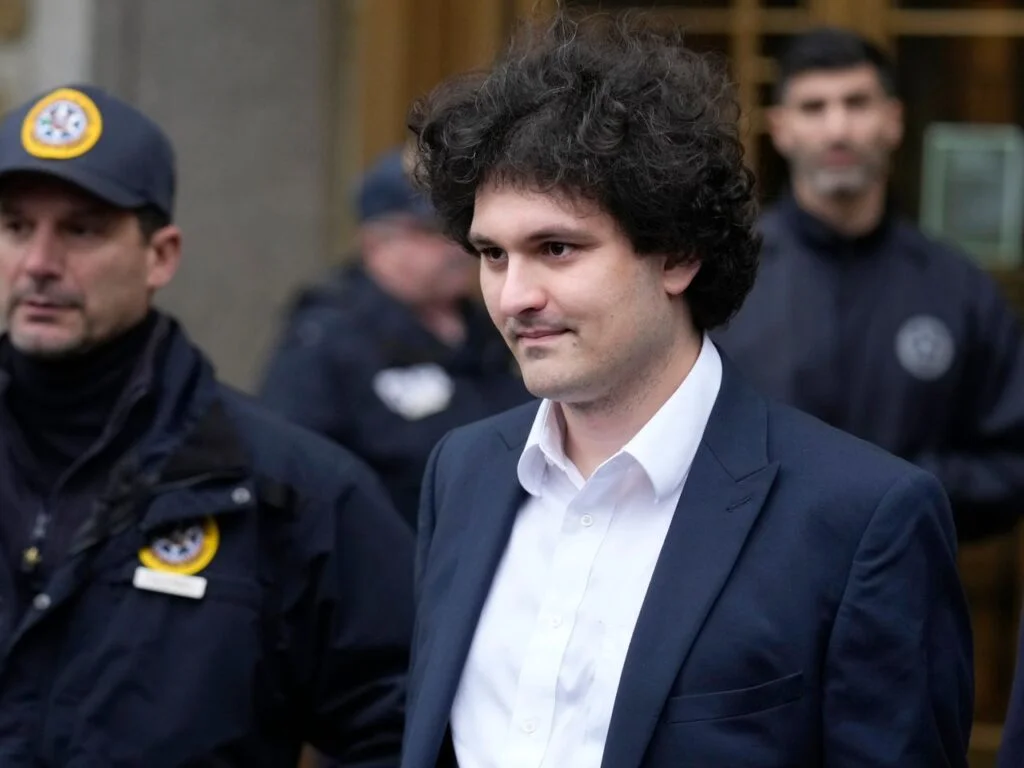Sam Bankman-Fried, the former CEO of FTX, is facing up to 100 years in prison for his role in the collapse of the crypto exchange. His lawyers are asking for a lenient sentence, citing his remorse and neurodiversity.

Sam Bankman-Fried, the former CEO of FTX, a crypto exchange that went bankrupt in late 2022, is due for sentencing on 28 March. He was found guilty of fraud and money laundering offenses and could face up to 100 years in prison. However, his lawyers are pleading for mercy, stating that he regrets his actions and that he is a kind, selfless, and neurodiverse individual.
In a new court filing, his attorneys are seeking a prison sentence of between 63 and 78 months for his role in the collapse of FTX. They pointed out that SBF is a kind, selfless, and neurodiverse individual, which is in stark contrast to the sociopath image created in the media.
“Sam Bankman-Fried has been described as a ‘sociopath,’ a man with no morals, remorse or empathy,’ who is an ‘an ice-cold manipulator, bully, and shameless liar,’” the lawyers wrote.
“But they don’t know the true Sam Bankman-Fried…[he] is full of regret for the enormous damage that he has caused his (former) friends, family, partners, colleagues, and the causes he cared so deeply about,” they added.
The court filing also quotes a letter written by his mother, Barbara Fried, explaining that he was remorseful for not preventing the “implosion of FTX and the damage that followed.” She added that every day, SBF thinks about the events of late 2022 that led to the exchange’s collapse.
The Collapse of FTX and the Charges Against SBF
FTX was a crypto exchange that offered derivatives trading and leveraged products. It was founded by SBF in 2019 and quickly became one of the largest and most popular platforms in the crypto industry. However, in late 2022, FTX faced a series of problems, such as liquidity issues, customer complaints, regulatory investigations, and hacking attacks.
In November 2022, FTX announced that it was shutting down its operations, leaving thousands of customers unable to access their funds. The exchange filed for bankruptcy protection, citing losses of over $2 billion. The US Securities and Exchange Commission (SEC) and the Department of Justice (DOJ) launched probes into FTX and accused SBF of fraud and money laundering.
According to the SEC and the DOJ, SBF and his associates manipulated the prices of crypto assets, deceived investors, and misappropriated funds. They also alleged that SBF and his associates laundered money through offshore entities and shell companies and evaded taxes and sanctions.
They charged SBF with multiple counts of securities fraud, wire fraud, and money laundering and sought to recover the funds and impose civil and criminal penalties.
SBF is not the only crypto executive who is facing legal troubles. Changpeng Zhao (CZ), the founder and former CEO of Binance, another crypto exchange, is also due for sentencing a month after SBF on 30 April.
He pleaded guilty to charges of money laundering violations and agreed to pay a $50 million fine and post a $175 million bond. Binance must also pay a hefty $4.3 billion fine for operating as an unlicensed money-transmitter business and not complying with the International Emergency Economic Powers Act.
These cases highlight the challenges and risks that the crypto industry faces as regulators and law enforcement agencies crack down on illegal and unethical practices. They also serve as a warning to other crypto companies and executives to ensure that they follow the rules and standards and protect the interests of their customers and investors.
